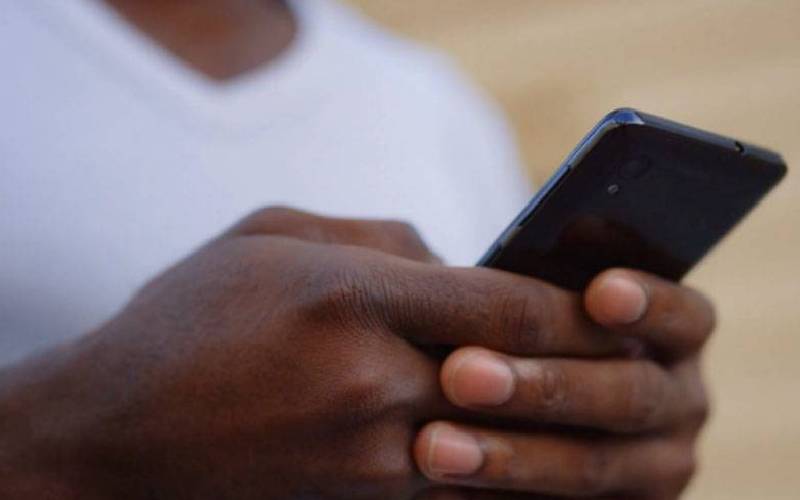×
The Standard e-Paper
Home To Bold Columnists

CRB companies have credit history data of at least 14 million Kenyans. [File, Standard]
There are three licensed companies you can use to check your CRB listing or status in Kenya. These are Metropol, Transunion Credit and Credit Info Kenya.